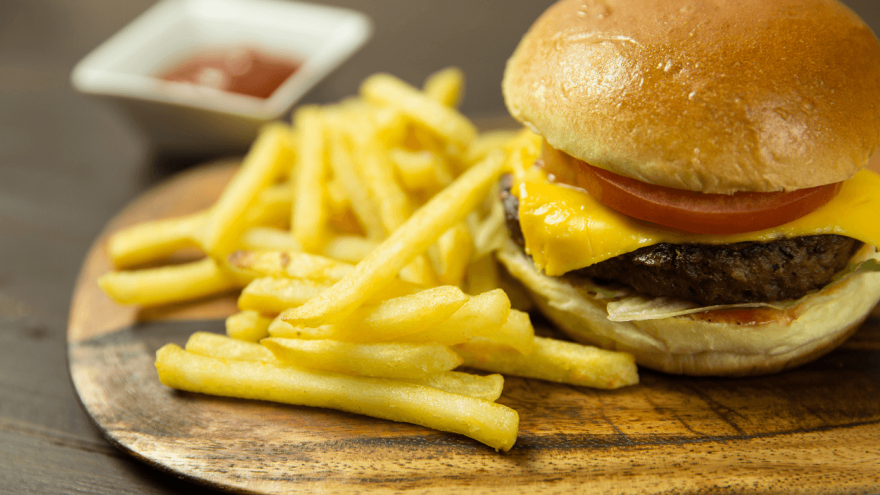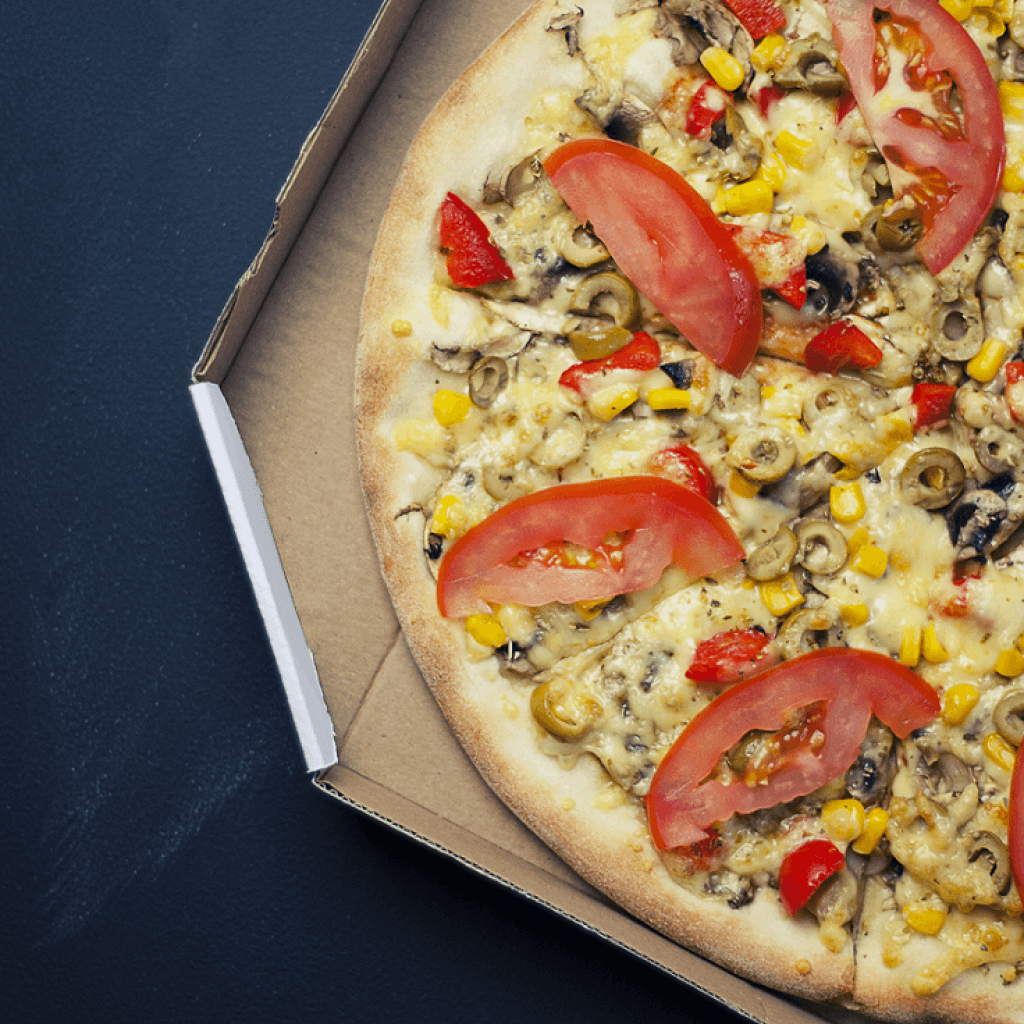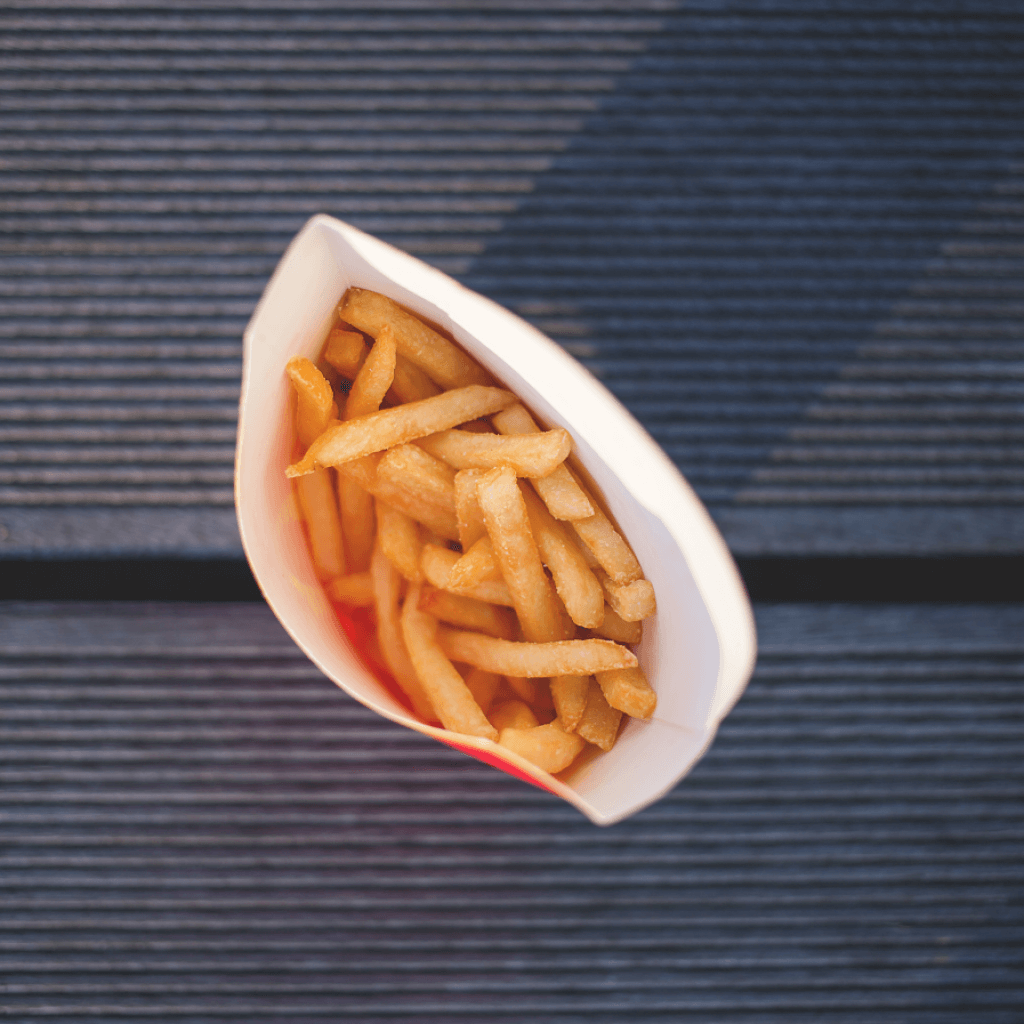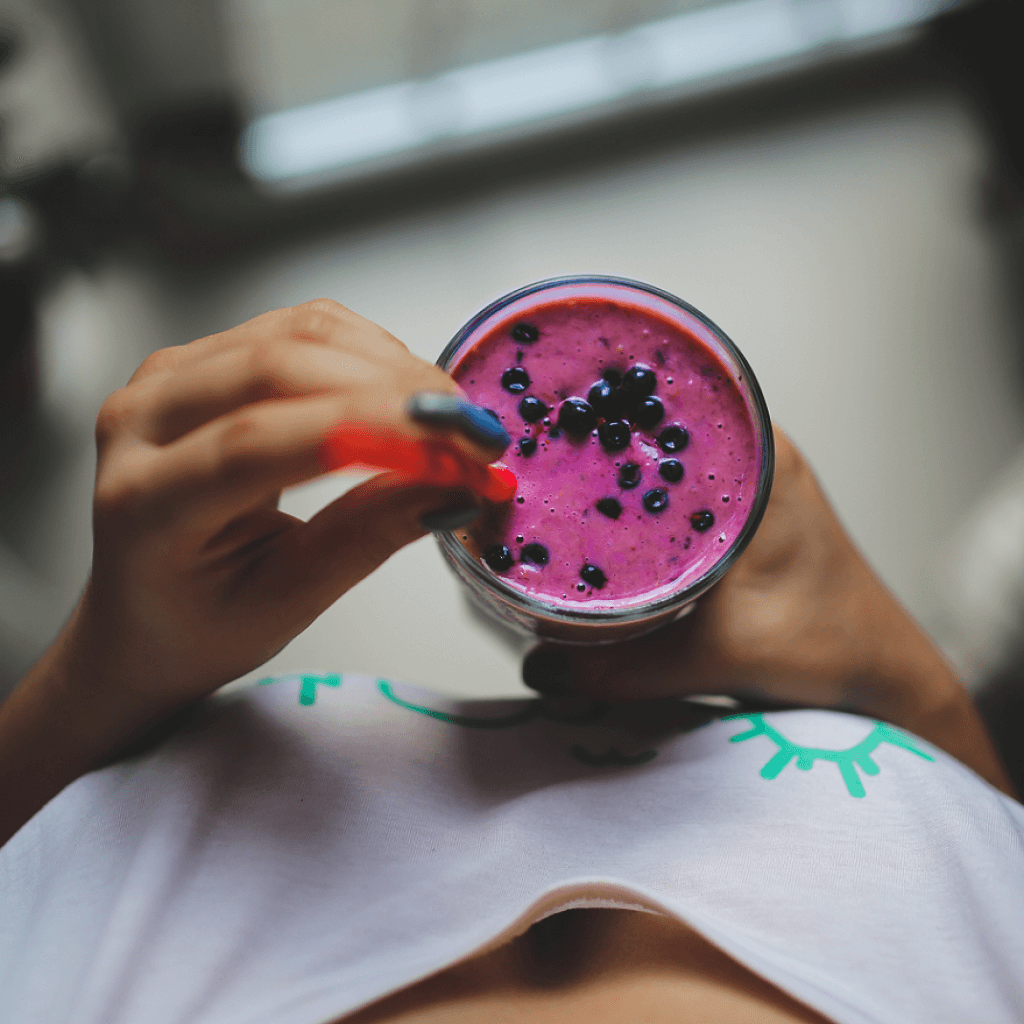Can You Run Well on a Diet of (Mostly) Junk Food?

Ah, the joys of devouring a post-race pizza… And why not top it off with a doughnut or two for good measure, right? After all, you’ve earned it! Sound familiar? If so, you’re not alone. Thousands of runners use the prospect of a greasy or sugary treat as motivation to get through those final miles of a tough race.

And while the occasional junk food splurge certainly won’t send you to an early grave, research on the matter is pretty clear: Habitual junk food ingestion is not doing your body any favors. In fact, frequent junk food consumption has been linked to an increased risk for a number of health issues. Plus it’s not benefiting your waistline or your running performance in any way. Or is it?
While the general consensus is that junk food indulgence is a no-no, a number of runners have seemingly been able to side-step its consequences. They continue to wow the world with records, wins and PBs, all while boasting about their less than exemplary diets. So what gives? Is junk food really as bad for us as it’s made out to be? Here’s what you need to know.
The Exceptions to the Rule (Or Are They?)
We’ve heard it a thousand times: Junk in, junk out. Or, in other words, junk food isn’t conducive to good running performance. But how then are runners like Joe D’Amico from Illinois able to clock a 2:36:14 marathon after a month of eating nothing but junk food? Surely that must mean that some runners can get away, at least to some extent, with a less than ideal diet?

Another case in point is American distance runner Anthony Famiglietti. Famiglietti won three national championships, a World University Games gold medal and a bronze medal at the Pan-Am games, all on a self-confessed diet of burgers, fries, pizza and sweets. And if this sounds too good to be true, continue reading. Because, you see, his junk food-fueled success didn’t last very long. Less than a year after winning the US 5K Road Championships in 2006, Famiglietti’s body had had enough. It almost completely shut down and for two weeks he could barely run a mile without taking any walk breaks. His fueling habits had finally caught up with him.
Thankfully, though, Famiglietti’s story doesn’t end there. Brought to his proverbial knees, he decided to transform his diet and make some other lifestyle changes. Changes that ended up paying off big time. It allowed him to bounce back stronger and better than ever, setting a steeplechase PR at the Olympic Games in 2008.
In a Nutshell: The Impact of Junk Food on the Body
So do these two stories give runners everywhere the green light to stuff their faces with junk food? Unfortunately (for some), not. Because while D’Amico and Famiglietti’s stories might show that some athletes can get away with less that ideal fueling strategies for a while, there’s no telling how your body will react to it. And even if you do get away with it at first, the chances are good that, like Famiglietti, it will eventually catch up with you.
Not convinced? Here are a few scientifically proven ways in which junk food can wreck your body:
- A diet high in sugar increases individuals’ risk for developing Type II diabetes by interfering with blood sugar levels.
- Fast food, as a source of phthalates, have been linked to hormone disruption and a lower sperm count.
- A diet rich in fast food has been shown to interfere with the taste for variety in animals.
- High-glycemic index diets, including diets rich in refined grains and added sugars, are associated with a greater risk of developing depression.
- A small study published in Experimental Physiology in 2016 suggests that, in animals, a diet high in junk food may harm the kidneys in a way similar to Type II diabetes.
- A diet rich in processed, fatty foods can dramatically alter your metabolism in as little as five days.
- Diets rich in processed foods have been found to expose people to significantly more chemicals than they were aware of ingesting.

And that is just the tip of the iceberg.
Is an Occasional Junk Food Splurge Worth It?
So is the occasional junk food splurge wort it? Only you can answer that question. The human body is an incredible work of art and may, at least for a while, do a good job of getting rid of the junk that we throw at it. But sooner or later it is going to protest. And while the temporary thrill of ingesting something high in added sugar and fat is no doubt an enjoyable one, the alternative can be so much more appealing. Especially in the long run.
Incorporating more whole, unprocessed, nutrient-rich foods into your diet will not only make you feel good, inside and out, but it will also give your body the fuel it really needs to perform at its best. Yes, it can be a daunting change to make. But even small steps in the right direction will render very encouraging results. Just try it.

Sources
- , Should all runners now eat McDonald's all the time?, Online publication
- , How junk food wrecks your body, Online publication
- , Experimental type II diabetes and related models of impaired glucose metabolism differentially regulate glucose transporters at the proximal tubule brush border membrane, Scientific journal
- , Added fructose, Scientific journal
- , Cafeteria diet impairs expression of sensory-specific satiety and stimulus-outcome learning, Scientific journal
- , High glycemic index diet as a risk factor for depression: analyses from the Women’s Health Initiative, Scientific journal
- , Early skeletal muscle adaptations to short-term high-fat diet in humans before changes in insulin sensitivity, Scientific journal
Latest Articles
 Is Running on a Treadmill Easier Than Running Outside?Runners have their own preferences, whether it is treadmill running, running outside on the road, or exploring trails. So...
Is Running on a Treadmill Easier Than Running Outside?Runners have their own preferences, whether it is treadmill running, running outside on the road, or exploring trails. So... Is It OK to Use Trail Running Shoes on the Road?While trail running shoes can be used on roads, especially in situations where a runner encounters mixed terrains or pref...
Is It OK to Use Trail Running Shoes on the Road?While trail running shoes can be used on roads, especially in situations where a runner encounters mixed terrains or pref... How to Fix Sore Quads After Running?Rest, ice, gentle stretching, and over-the-counter pain relievers can help soothe sore quads after running. Also, ensure ...
How to Fix Sore Quads After Running?Rest, ice, gentle stretching, and over-the-counter pain relievers can help soothe sore quads after running. Also, ensure ... 10 Fruits With The Most Electrolytes to Replace Sports DrinksThese fruits are high in electrolytes such as potassium, magnesium, and calcium, essential for hydration, muscle function...
10 Fruits With The Most Electrolytes to Replace Sports DrinksThese fruits are high in electrolytes such as potassium, magnesium, and calcium, essential for hydration, muscle function...

